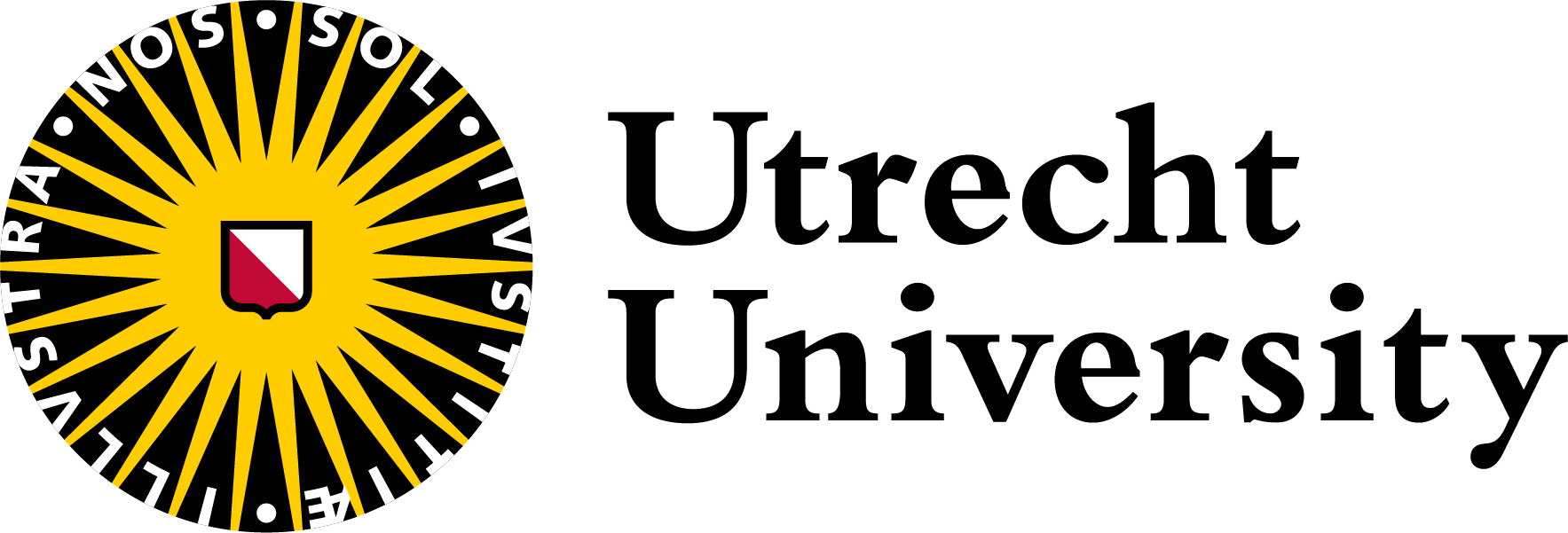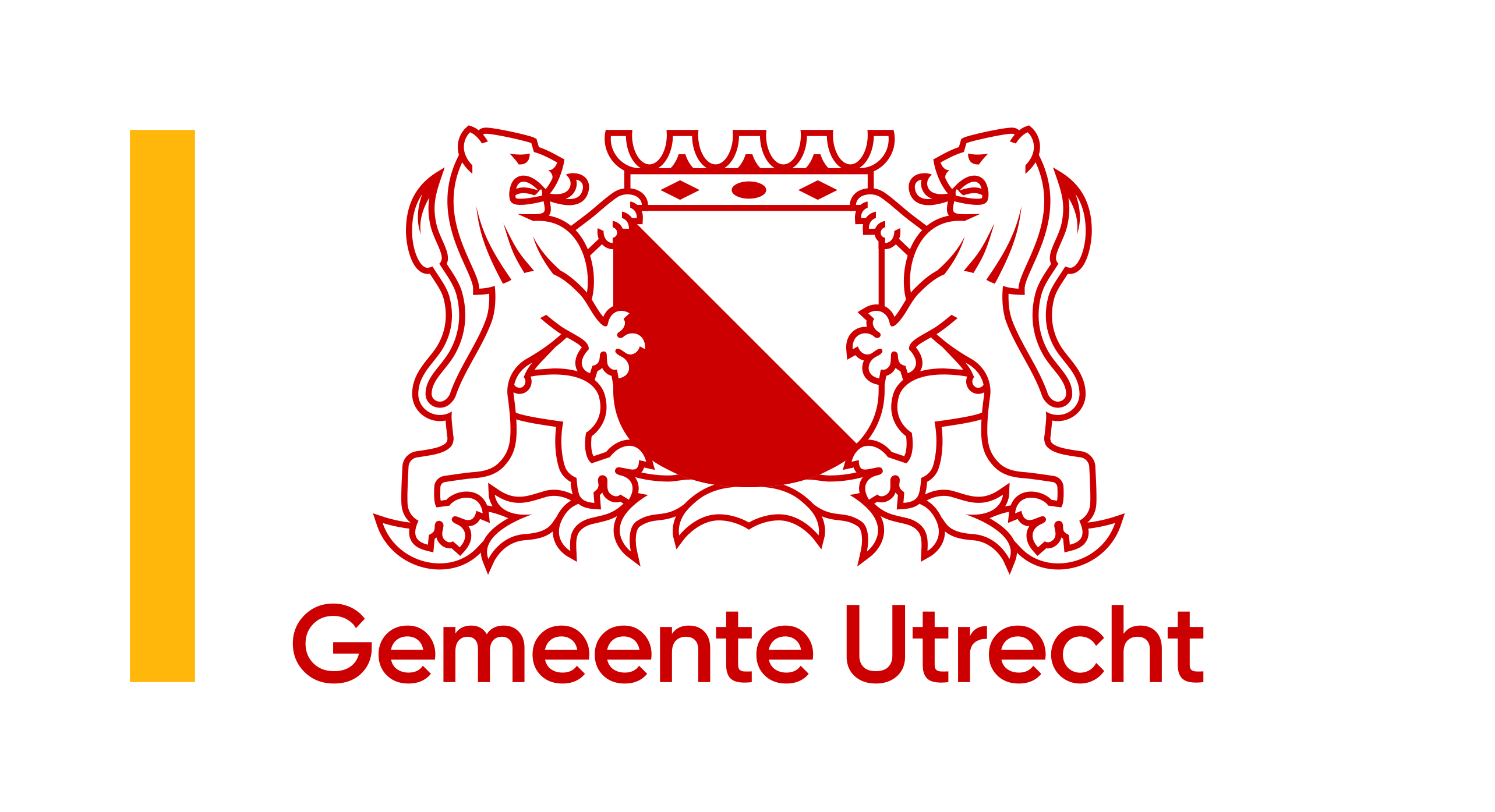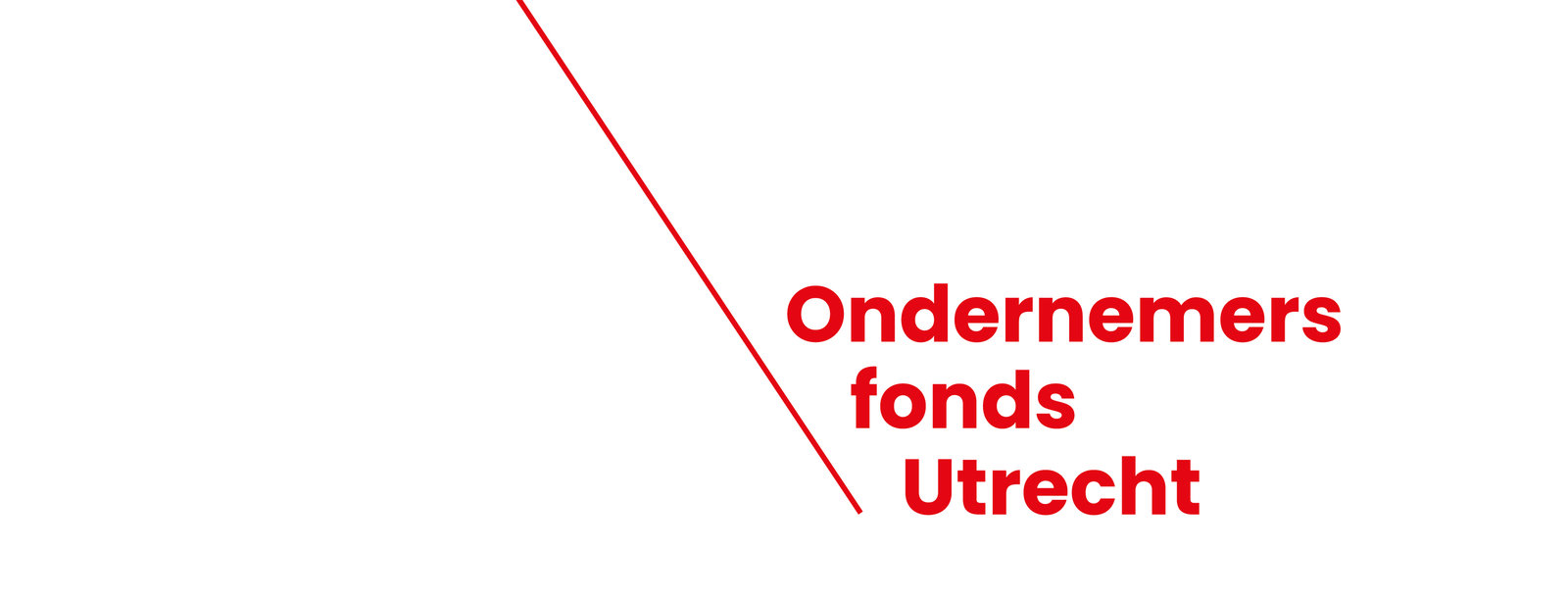Seven studies start in Princess Máxima Center thanks to KiKa
The Princess Máxima Center is starting seven studies thanks to funding from KiKa. The studies are aimed at, among others, improving immunotherapy for children with brain tumours, optimising CAR T-cell therapy and making the diagnosis faster for children with solid tumours. The studies contribute to achieving the mission of the Máxima: : To cure every child with cancer, with optimal quality of life.
To achieve the Máxima's mission, scientific research is crucial. Laurens van der Flier, managing director research: 'It is very nice that seven new research projects can start at the Máxima. Together with its donors, KiKa makes new research into childhood cancer possible. For that we are very grateful to them.'
Immunotherapy
Immunotherapy is not currently effective in treating most high-grade brain tumors. Immune-suppressing cells, such as microglia and macrophages, in the tumor environment play an important role in this. By mapping the precise role of these types of immune cells and then selectively disabling or activating them, pediatric oncologist Dr. Jasper van der Lugt together with research group leaders Dr. Stefan Nierkens, Prof. Dr. Henk Stunnenberg and Prof. Dr. Marcel Kool aim to make immunotherapies work better.
Currently, CAR T-cell therapy, a form of immunotherapy, is available for children with B-cell acute lymphocytic leukemia (ALL) in whom other treatments no longer work. For the disease to go away for a long time, it is important that CAR T cells remain in the blood for a longer period of time. Previous research showed that exposure to the drug fludarabine prior to treatment plays a role in this. Pediatric oncologist Dr. Friso Calkoen and stem cell transplant physician Dr. Caroline Lindemans, together with the U.S. Memorial Sloan Kettering Cancer Center, are starting a clinical trial to investigate whether increasing the fludarabine dose improves disease-free survival.
Solid tumors
What is the effect of adjustments and delays of the chemotherapy dose during the treatment of an Ewing sarcoma? Prof. Dr. Marta Fiocco, statistician (also at the Mathematical Institute of Leiden University) and Prof. Dr. Hans Merks, pediatric oncologist and research group leader will explore this based on data from the international Euro Ewing 2012 study. They then set up a predictive model that takes into account each child's unique circumstances. This model helps make the best possible use of existing treatment guidelines. The model also helps make informed treatment decisions, improve care and address child and parent concerns whenever possible.
DNA testing is used to make the correct diagnosis. This is important to determine the most appropriate treatment. Currently, this molecular testing takes one to two weeks. Dr. Lennart Kester, associate group leader at the Laboratory of Pediatric Oncology, wants to develop a new technique that will make this less than 24 hours. As a result, treatment starts faster and there is less stress on child and parents for a long time. Lennart Kester is working on this with colleague Dr. Bastiaan Tops and Prof. Dr. Jeroen de Ridder (UMC Utrecht and Oncode Institute). They previously worked on rapid DNA analysis of brain tumors using artificial intelligence (AI).
The other studies that will start:
- Research on new treatments for acute myeloid leukemia (AML)
Prof. Dr. Olaf Heidenreich, research group leader and Prof. Dr. Josef Vormoor, pediatric oncologist, clinical co-research group leader in the Heidenreich group and clinical director of hemato-oncology - Research for better prediction and treatment of Wilms tumor in children
Prof. Dr. Marry van den Heuvel-Eibrink, pediatric oncologist and research group leader and Dr. Harm van Tinteren, head of the Trial and Data Center, Dr. Patrick Kemmeren, research group leader - Research on aggressive brain tumors in children
Prof. Dr. Marcel Kool, research group leader and Dr. Jens Bunt, postdoctoral researcher
KiKa is an important partner of the Prinses Máxima Center. KiKa supports pediatric cancer research at the Máxima through core funding and has already made numerous research projects possible.
Source: Princess Máxima Center








